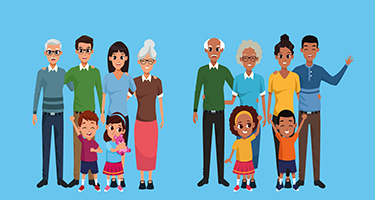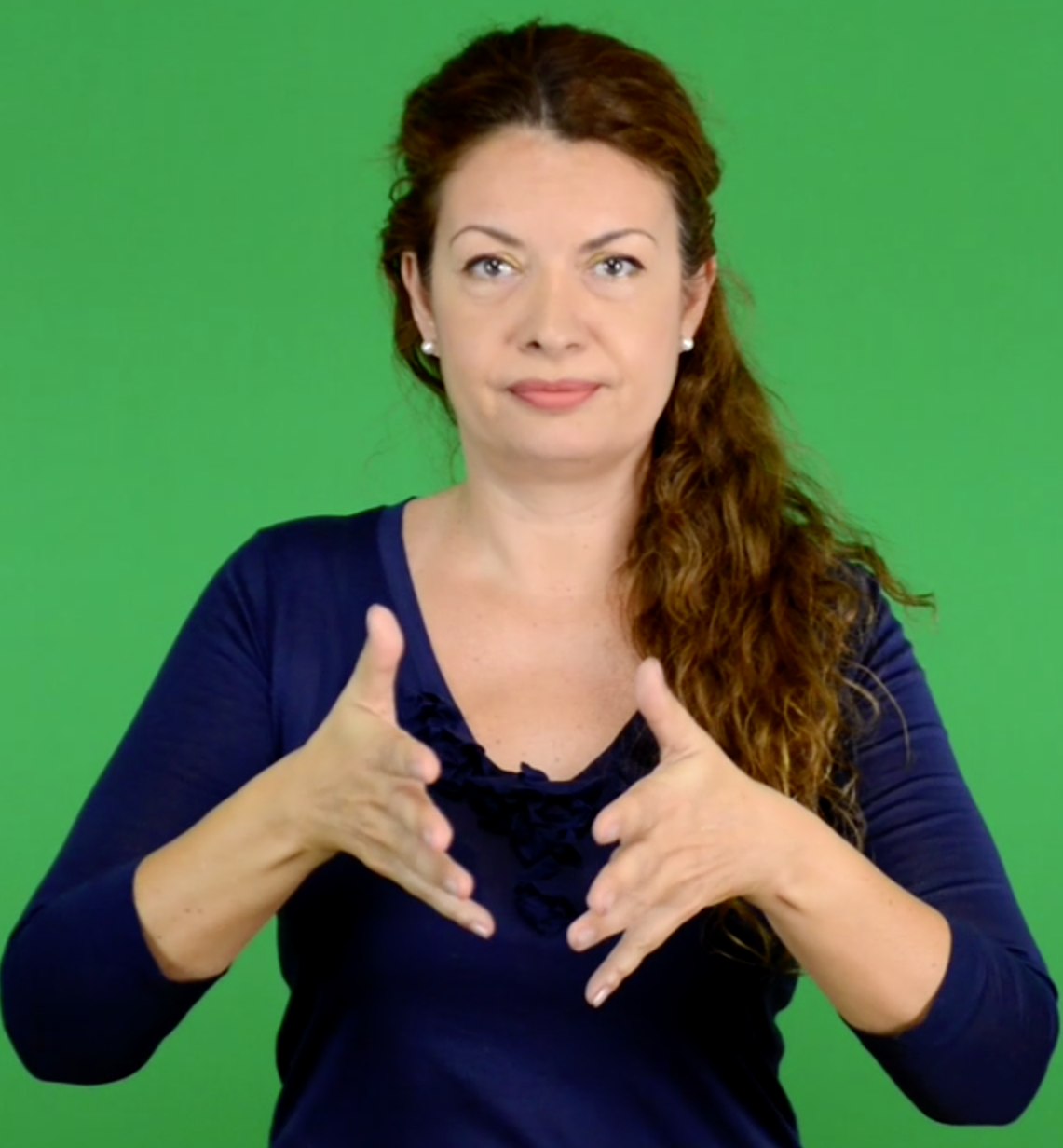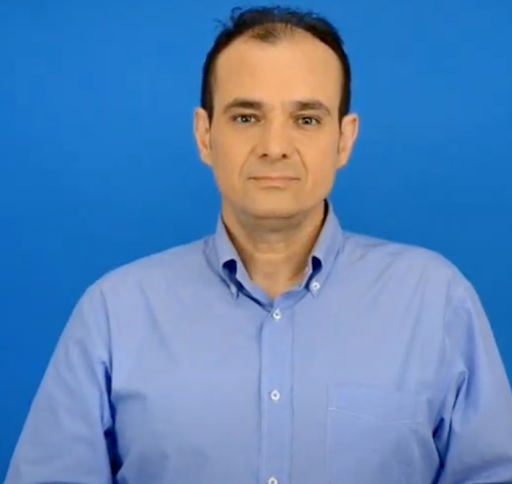About this course
The Parenting & Support Guide for Parents and Deaf Children by Deaf Role Models is a tool for training Deaf adults as professionals to support and empower hearing adults (professionals, family members, colleagues) to work and collaborate with Deaf people from the early years of life through adulthood. Contains adequate and accurate research information on the developmental, emotional, social and language needs of Deaf people. The Guide is intended for Deaf adults, members of the Deaf community, and Greek Sign Language (GSL) teachers who are to be trained as Deaf Role Models to support hearing adults to be mediators between hearing adults and the Deaf community and to teach GSL. It intends to provide theoretical and practical knowledge to Deaf people to advance their professional and personal lives. The development of the Teachers' Guide incorporates these principles:
Collaboration with the community
Learning can be enriched through partnerships that include community members. Deaf Role Models from the Deaf community will bring expertise and perspectives from their lives and experiences to enhance the learning of members of the Deaf World.
It is especially helpful to collaborate and connect with experts from the community when learning about specific cultural contexts to avoid offending or misrepresenting Deaf culture. Collaboration among community members enhances relational learning.
Considering Diversity
The Guide supports inclusion, equity and accessibility for all. The proposed resources reflect sensitivity to diversity and incorporate positive role representations. The content meets the diverse social and communication needs of adults, enhancing social participation and inclusion. The Guide gives voice to all members of the Deaf community.
Features of the Teachers' Guide
The Guide includes information on topics related to the Deaf world and the hearing world:
- The needs and difficulties of hearing adults, the emotional stages they go through in relation to deafness
- The developmental cognitive, social and language characteristics/skills of Deaf people,
- Deaf adults developing communication skills,
- The Deaf Community
- Relationships between the Deaf world and the Hearing world
- Inclusion and cultural exchange in both worlds
Course Staff
Spyridoula Karipi PhD.c
Spyridoula Karipi is a Special Educator with language proficiency in ENG. She is a PhD candidate at the University of Western Macedonia with research interests in Greek Sign Language (ENGL) and its teaching to deaf students. Since 2008 she has been working at the Special Kindergarten for the Deaf and Hard of Hearing in Argyroupolis, where she is the head teacher. In 2015 she published 2 educational multimedia materials for a) the development of language readiness in preschool children and b) the learning of ENGL in the 1st and 2nd grade, in collaboration with the Institute of Educational Policy. Since 2017, she has been developing the educational materials for ENGL learning for the third grade. She has participated in several national and international conferences and has publications on teaching ENG to preschool and primary school children.
Elisabeth Katsaraki
Elisabeth Katsaraki is a certified Greek Sign Language Interpreter, member of the Association of Interpreters since 2006. Since the same time she has been active as a trainer of candidate interpreters and since 2018 she has been a member of the Panhellenic Committee for the ENGL Interpreter Examinations.
Elisabeth Katsaraki is a certified Greek Sign Language Interpreter, member of the Association of Interpreters since 2006. Since the same time she has been active as a trainer of candidate interpreters and since 2018 she has been a member of the Panhellenic Committee for the ENGL Interpreter Examinations.
Since 2015 until today she is the ENG Interpretation Manager for the creation of software - digitization for all books for the 1st, 2nd, 3rd & 4th grade of primary school, for the translation of all articles of the UN Convention on the Rights of Persons with Disabilities and for other projects, in collaboration with the Institute of Educational Policy. Also, since 2017, she has been collaborating with the Special Kindergarten for the Deaf & Hard of Hearing in Argyroupoli in the coordination of Parent Counselling groups & workshops for deaf children and in the writing of a Good Practice Guide.
Nikos Isaris
Nikos Isaris has been a certified Greek Sign Language (ENGL) teacher since the very first training program conducted in Greece in 1992. Until today he has attended multiple specialization and training seminars, among others from GALLAUDET UNIVERSITY - USA, CENTER FOR TEGNSPOG OG TEGNTOTTET KOMMUNIKATION - DANMARK, University of Patras, etc.
He has collaborated with the Pedagogical Institute and the Institute of Educational Policy for the translation into ENGL of many works, such as the software for "From the Drachma to the Euro", "The Language with my eyes", the books for the first, second, third and fourth grades of primary school, the UN Convention on the Rights of Persons with Disabilities, etc. He holds a degree in pre-school pedagogy from the University of Athens and has served as a coordinator of Greek Sign Language trainers in various university programmes.




